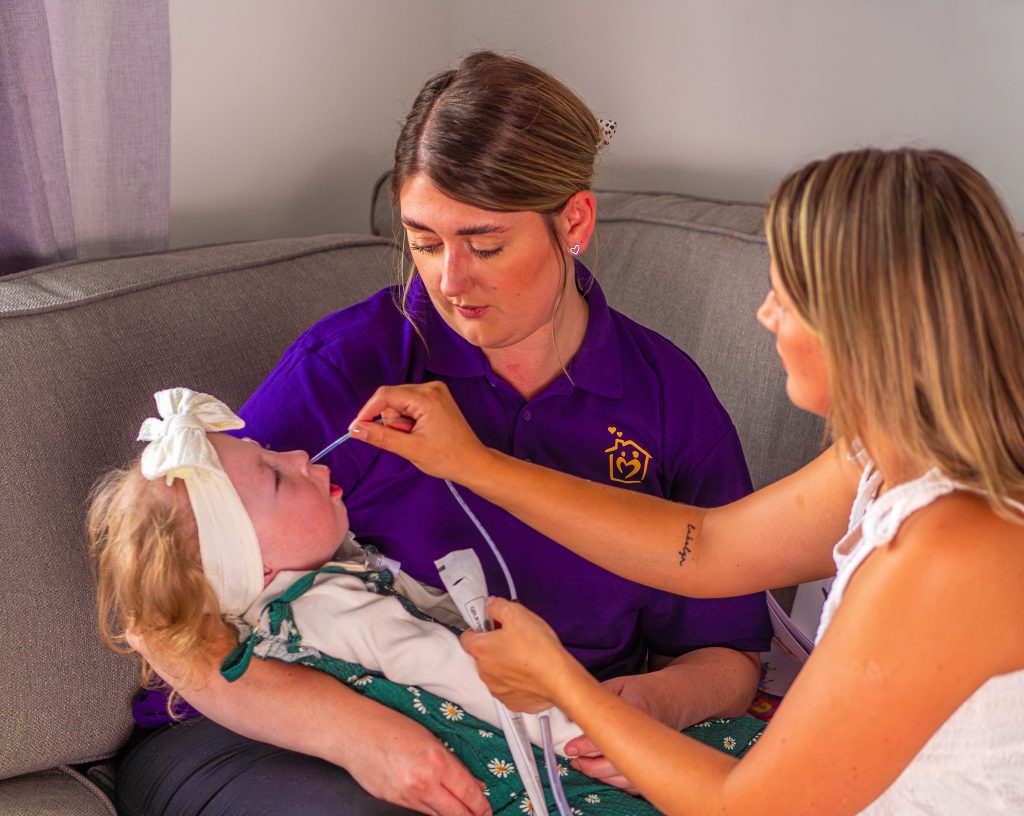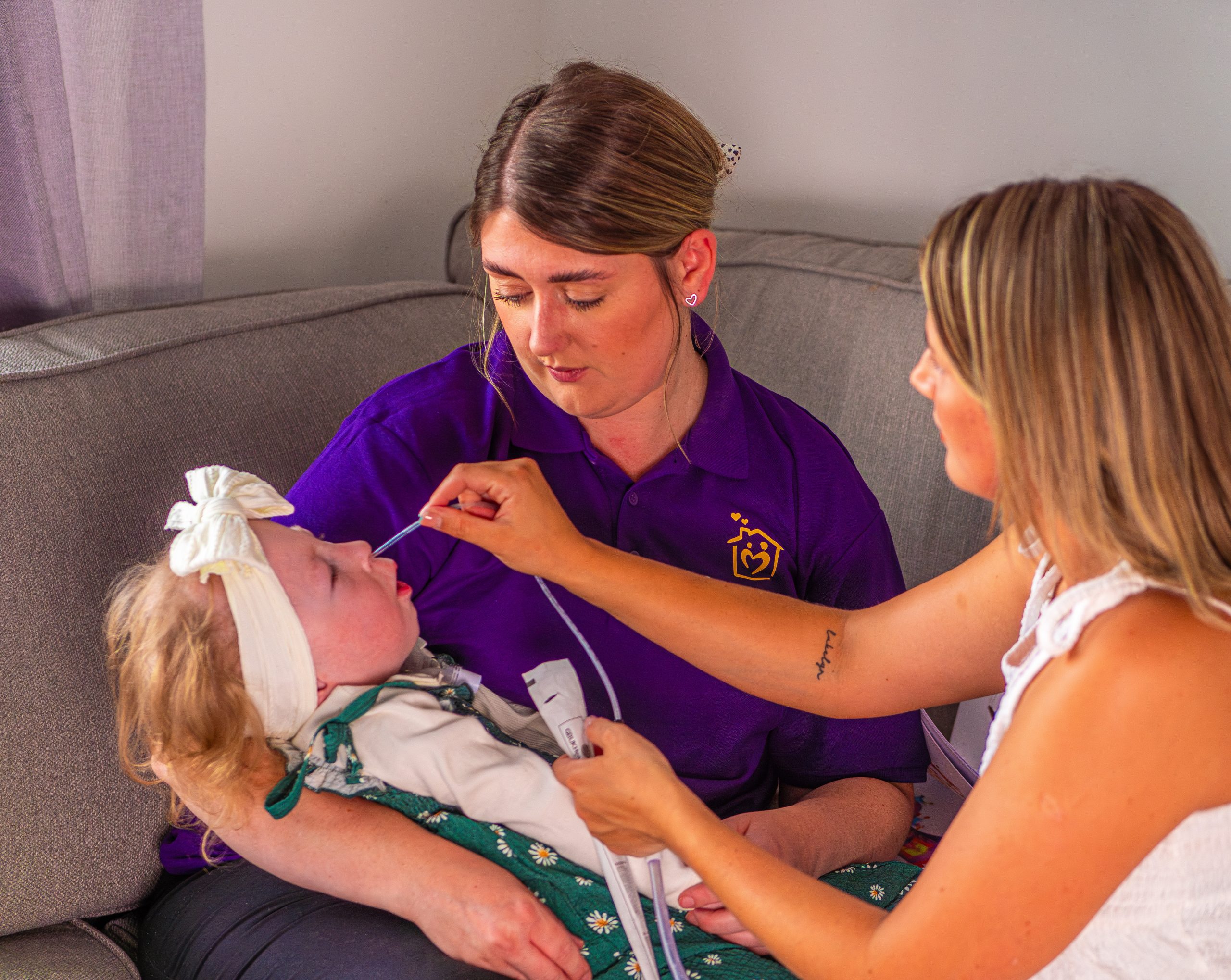
At the end of this month (October 2024), nurses across England and Wales will see a 5.5% uplift in their pay, backdated to 1 April. For many, this will be a welcome respite from the effects of the cost of living crisis, but for the Bristol healthcare charities which rely on qualified nurses to deliver their essential services, it represents yet another pressure on already hard-pressed budgets. This pay rise, coupled with Rachel Reeves’s anticipated 2% employer National Insurance increase, mean that charities face mounting financial strain.
Hospices will be particularly hard hit, since staff – many of whom are qualified nurses – account for an average of 71% of their overall running costs. The hospice sector is facing a deficit of £186M this year, due to falling donations and rising costs.
“Many people think that hospices are public sector funded,” said Daniel Cheesman, CEO of Jessie May children’s hospice at home. “The truth is that we all rely to a worryingly large extent on the generosity of the general public. For example, we at Jessie May, which is the only children’s hospice in the South West to provide a respite at home service to some of the most hard pressed families in the region, have to find nearly 81% of our running costs through fundraising.
“We certainly don’t begrudge our nurses their pay rise. They do vital work, caring for children with life limiting conditions in the safety and comfort of their own homes. But the gap between statutory funding and the genuine need of the families we support is becoming a gulf.”
RCN general secretary and chief executive Professor Nicola Ranger would seem to concur.
“Nurses are the ever-present, safety critical workforce across the whole of health and care. Our wages do not reflect that and still won’t after this award. We will be pushing government to show us their plans for improving NHS pay – it is vital to recruit and retain nursing staff, fill tens of thousands of vacant nurse jobs and give people the care they deserve,” she said.
The hospice sector too, is pushing government. The future of the £25 million NHS England (NHSE) funding stream, ringfenced until March 2025 is in doubt. Calls for the government to maintain, ringfence and increase the £25M of NHSE funding for children’s hospices by the rate of inflation are being made by the sector as a whole, led by the UK’s leading charity for children’s palliative care, Together for Short Lives.
Meanwhile, Zoe’s House, a children’s hospice in Liverpool, has announced that unless fundraising targets can be met immediately, it will be closing at the end of the year, leaving the families in that city with some the most seriously ill children in the country without support.
“There’s a widespread assumption that hospice care will always be there for those who need it,” said Daniel. “The sad truth is that unless the general population continues to support us, both financially and by amplifying our calls for government support, hospice services all over the country will continue to be under threat.”
See articles here:




